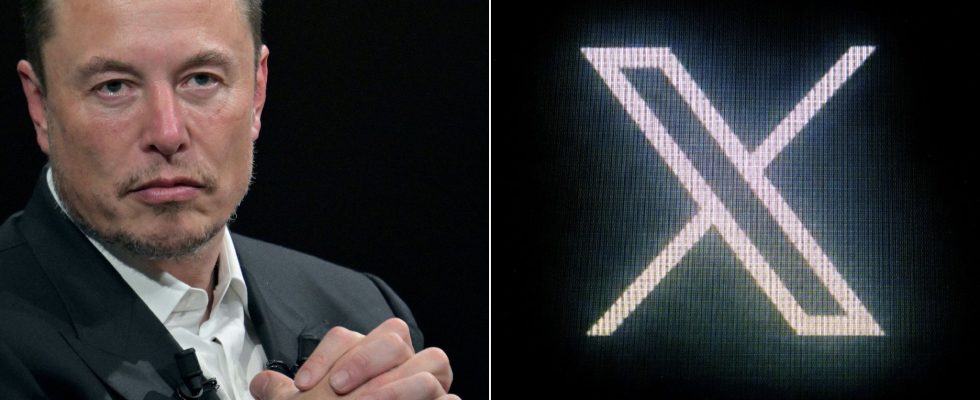While Elon Musk will celebrate the first anniversary of his acquisition of Twitter, since renamed Hamas in Israel, and the response of the Israeli armed forces in the Gaza Strip.
It is difficult to discern Elon Musk’s deeper motivations in buying Twitter. At the start of 2022, the entrepreneur with 80 million subscribers is a compulsive user with more than 20,000 tweets since he joined the platform in 2010. He is used to declaring his love for this platform where he can communicate on its various activities, sometimes completely illegally. After tweeting in August 2018 that he had secured financing to delist Tesla at $420 per share, the U.S. Securities and Exchange Commission sued him and ultimately fined him 20 million dollars.
Elon Musk also used his audience on Twitter to explode the price of a cryptocurrency, Dogecoin, in 2021, which landed him on trial for price manipulation. Following the January 6, 2021 attack on the US Capitol and Twitter’s decision to ban Donald Trump, Musk began to question the role of this social network in guaranteeing freedom of expression.
Like other American tech entrepreneurs, Elon Musk claims absolute freedom of expression, theorized by Alexander Meiklejohn, philosopher and defender of the freedoms of the First Amendment at the beginning of the 20th century. He is also particularly worried about what he describes as a woke “virus”, which would lead to increasing censorship. From January 2022, he started buying Twitter shares, even though the idea seemed to have been in his head for a long time.
X or unbridled freedom of expression
The philosophical justifications put forward by Elon Musk should not mask the fact that the businessman also uses the platform for very personal purposes. He thus greatly increased his audience by modifying the algorithm to improve the visibility of his own content. It now has 160 million subscribers out of the 240 million on the platform.
However, since its acquisition, Musk has tried to lay the foundations of what an ideal social network would be: absolute freedom of expression without censorship or banning; content regulation ensured by subscribers themselves, through the system of community notes, like a Wikipedia; remuneration of the most active users; financing based on user subscriptions rather than advertising; the end of anonymity, finally, to ensure that Twitter knows who is subscribed, even if they can continue to operate under a pseudonym. Associated with a stated desire for brutal cost reduction, these decisions obviously had consequences.
The dissemination of disinformation has increased significantly, controversial figures have been paid by creating such content, and outraged reactions have multiplied. But it is very difficult to leave the network. * Mastodon.
On the other hand, if the platform has not lost influence, it has less capacity to monetize it. Since its takeover by Elon Musk, its advertising revenues have been halved, by its owner’s own admission. Due to the risk to their image, more and more companies no longer wish to appear on the network. More than the flight of a few subscribers, this economic danger could well, in the long term, influence the company’s policy.
The moral condemnations of and a thread with the people we decide to follow and whose publications go back in chronological order, a practice which protects a lot of misinformation. The responsibility of the network does not abolish that of the individual.
